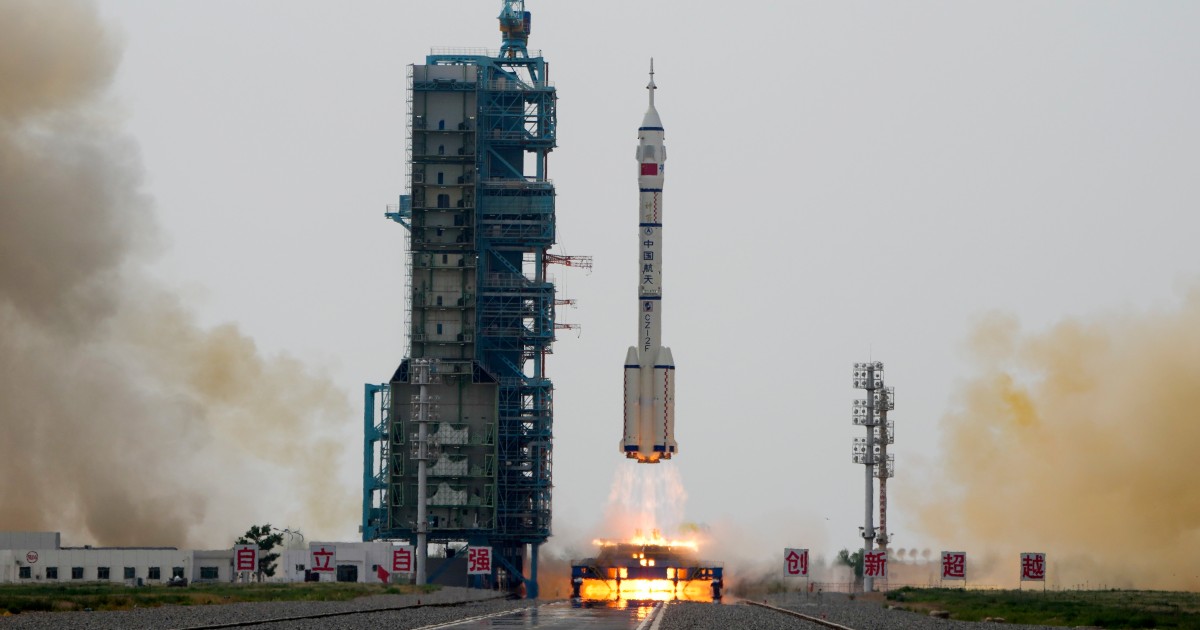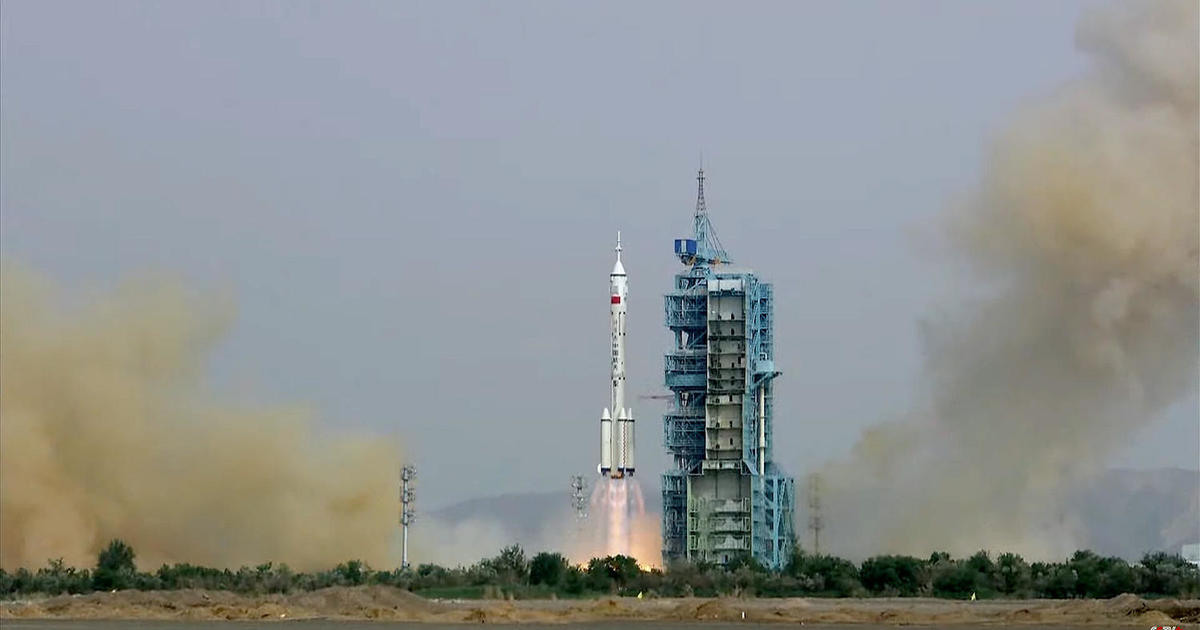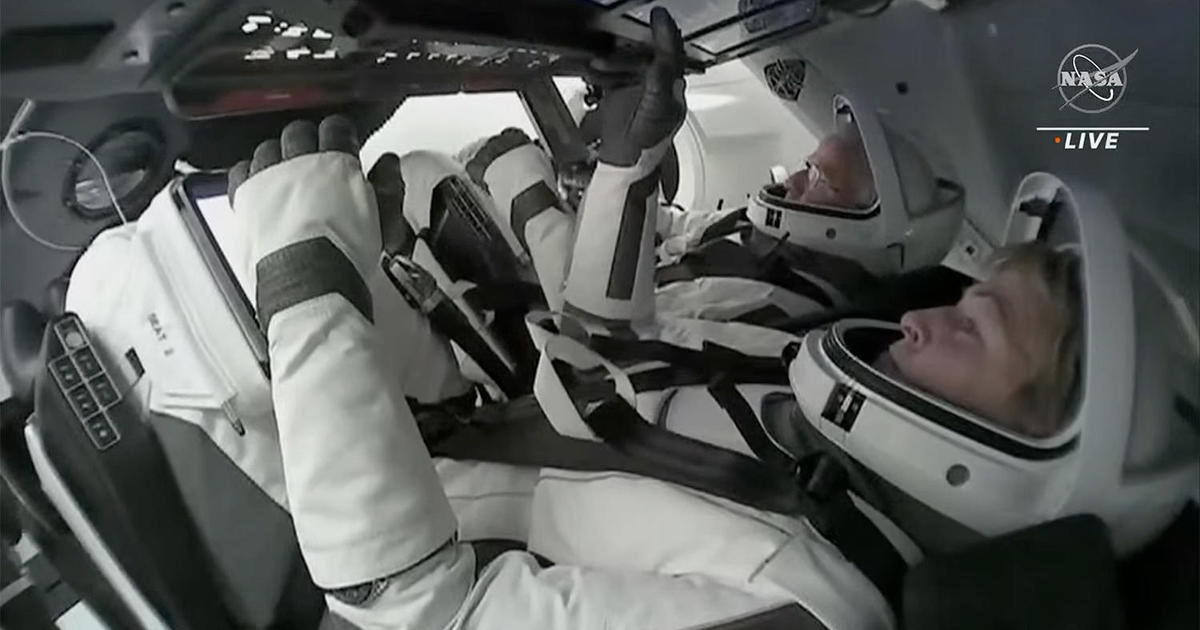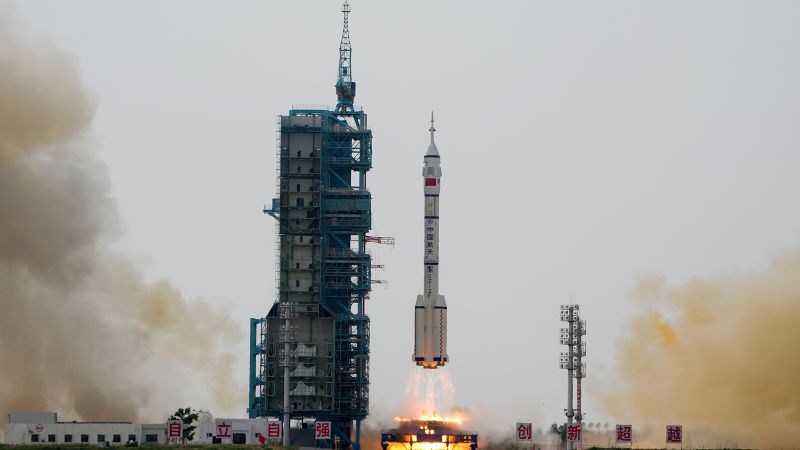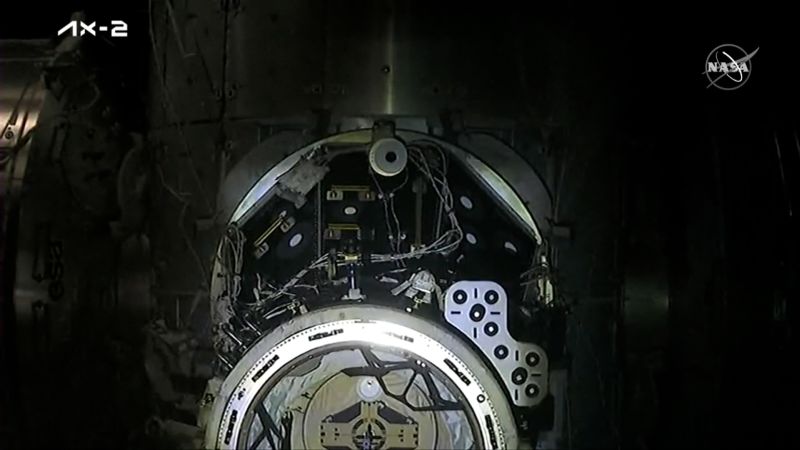The Facts
China on Tuesday sent a new three-person crew, including the PRC's first civilian astronaut, to its Tiangong Space Station from the Jiuquan Launch Center in the country's northwest.
Gui Haichao, a payload expert at Beijing University of Aeronautics and Astronautics, is China's first astronaut who isn't part of the Chinese armed forces and is primarily responsible for performing experiments with scientific payloads, the China Manned Space Agency said.
The Spin
Pro-establishment narrative
There's no doubt that China has entered a space race with the US. Given the lack of transparency surrounding Beijing's accelerated space program, present space cooperation curbs with China should be maintained. Moreover, the US must ensure that it reaches the resource-rich parts of the moon before the PRC in order to avoid Beijing claiming these regions for itself. Washington must ensure that NASA has sufficient resources not to jeopardize its science and exploration missions.
Establishment-critical narrative
That the US and China are now in a genuine space race is partly Washington's own fault. Faced with legislation prohibiting NASA from cooperating with China and space accords unilaterally established by NASA that critical countries say are designed to ensure US dominance in space, China ramped up its own space program and is now also working with Russia on a planned lunar base. The race for the moon and its resources — such as water and rare minerals — has begun, and it is by no means certain that the US will win.


